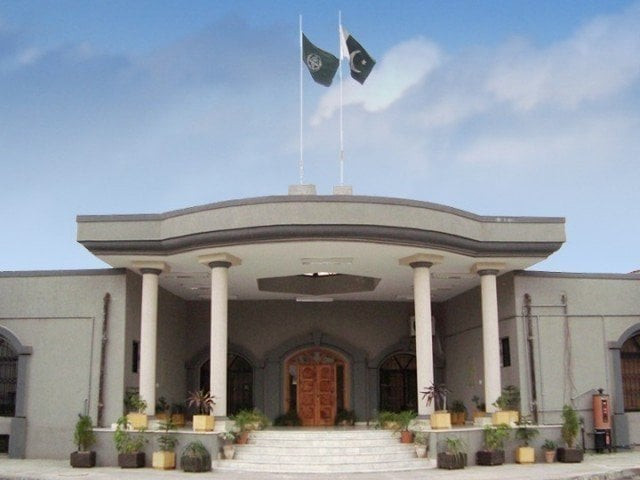Parliament can enact law on inter-provincial trade: IHC
Single bench rejects petitions of PPA members against Competition Act

A single-judge bench of the Islamabad High Court (IHC), led by Justice Babar Sattar, has declared that parliament is competent to promulgate a law to regulate trade and commerce across provinces and within any part of Pakistan.
The judge rejected a petitions filed the Pakistan Poultry Association (PPA) members, seeking declaration that the Competition Act, 2010, the Competition Ordinance, 2010, the Competition Ordinance, 2009 and the Competition Ordinance, 2007 were all ultra vires the Constitution.
The matter had been pending in the court for a decade. A stay order in the case had been granted 10 years ago. Attorney General for Pakistan Khalid Jawed Khan perused this matter for early disposal as the stay order cost the state exchequer millions of rupees.
“This Court finds that 18(b) and 151(1) and (2) read together with Article 141, 142 and Entry 58 of the Federal Legislative List identify Parliament as the competent legislature to promulgate a law to regulate trade, commerce … across provinces and within any part of Pakistan,” the court ruling said.
“And further that the Competition Act is a law that applies fetters on the individual right to engage in trade and business in the interest of competition in order to provide for free trade, commerce… throughout Pakistan”, the judgment added.
The court noted that the parliament could not usurp the legislative authority of the provinces but relinquishing the obligation to strike the balance between individual rights of citizens and collective rights of community, when required to do so by the Constitution itself, could also not be countenanced.
Read More: Trade union leaders demand national platform
In promulgating the Competition Act, the judgment said, parliament had discharged an obligation ascribed to it by Article 18(b) of the Constitution read together with Article 151(1) and 151(2).
It added the Article 151(2) provided explicit textual mandate to parliament to impose fetters on the freedom of individuals to indulge in trade and commerce, which was what the Competition Act did by prescribing which business activities fell foul of the law and were prohibited.
“And freedom to indulge in them curtailed, in the interest of maintaining a free market throughout Pakistan,” the judgment continued. Sub-clauses (1) and (2) of Article 151 were introduced after the bitter experience of East Pakistan breaking free and becoming an independent country,” it said.
“The events of 1971 counselled in favour of loosening central control and delegating power and authority to federating units to empower them further. But at the same time, these events also emphasised the need to address economic deprivation and maintain uniformity in the standard of life across various units of the federation.”
Justice Sattar said: “It is not for the judicature to debate the wisdom of policy choices made by the legislature. But it is apparent from provisions of the Constitution, as aforesaid, that one of the means chosen to strike a balance between interests of uniformity and autonomy within our federal structure was to ensure that the entire Pakistan became a single and unified economic marketplace.”
The judgment said that assignment of the power and responsibility to regulate freedom of trade and commerce to the Centre did not take away from the fact that “after the 18th Constitutional Amendment our Constitution militates strongly in favour of devolution and assignment of greater power and authority to the provinces.



















COMMENTS
Comments are moderated and generally will be posted if they are on-topic and not abusive.
For more information, please see our Comments FAQ